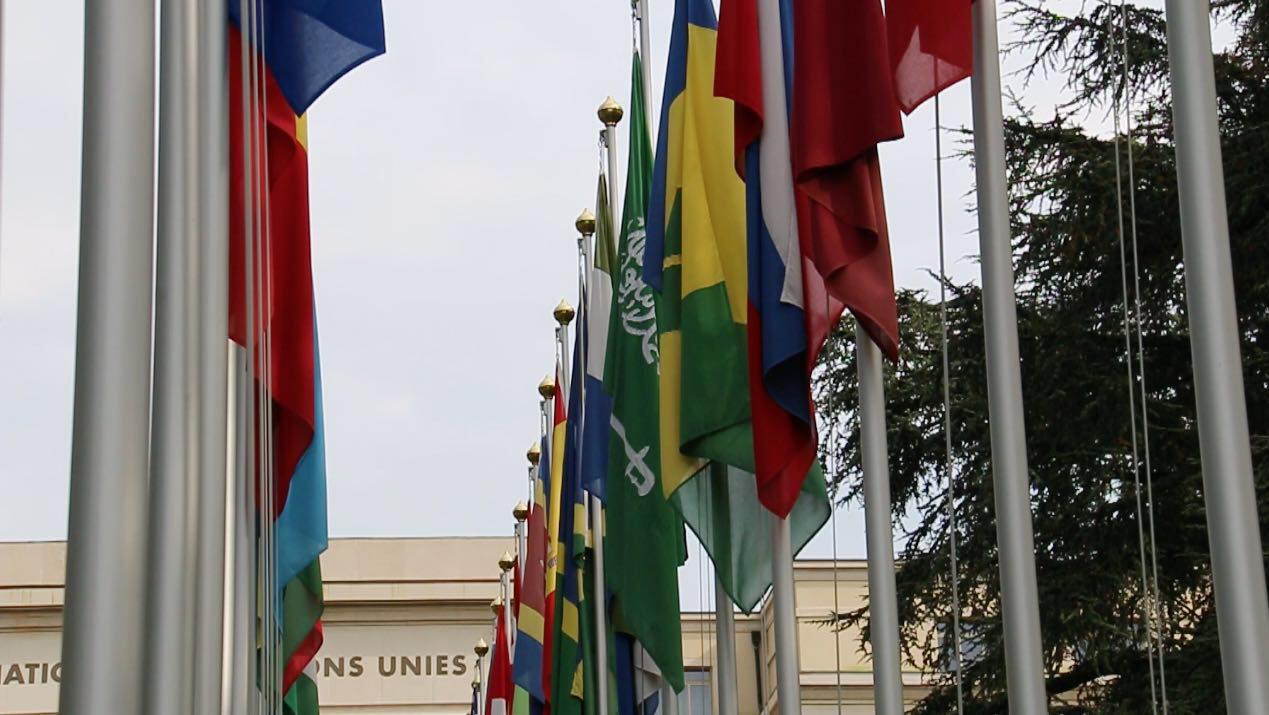
The United Nations Human Rights Council opens its 46th session on February 22 until March 23, 2021. The opening of the session comes in light of the continuing world response to the Coronavirus pandemic, the measures taken in this context, and the concerns about its impact on human rights.
This is the first session to be held after the Kingdom of Saudi Arabia failed to join the Council in October 2020, after many states refrained from voting for it. This was considered as a response to the deterioration of human rights in Saudi Arabia and the erosion of its international influence.
Saudi Arabia had been subjected to a series of harsh criticisms from the member states of the Council in previous sessions. In September 2020, September 2019 and March 2019, a number of states issued statements condemning Saudi Arabia, which set a precedent after the dramatic escalation of the human rights violations.
In addition to the joint statements, the special rapporteurs issued reports in the recent years showing the involvement of senior officials, including Crown Prince Mohammed bin Salman, in grave violations, such as the murder of the journalist Jamal Khashoggi and the torture of women in detention.
The European Saudi Organization for Human Rights believes that the coincidence of the session of the Council with the succession of the official Saudi statements, which claimed changes in dealing with a number of human rights files, draws attention to the mentioned statements, especially in light of the lack of confidence in Saudi promises.
In addition, special rapporteurs had asked Saudi Arabia about the merits and details of the mysterious royal decree, which the Saudi Human Rights Commission states protects minors from the death penalty.
The accountability of Saudi Arabia comes in light of the misinformation which it has practiced during the recent years before the Council by claiming unrealistic measures, including respect for international law which prohibits the execution of minors and for crimes that are not of the most serious varieties. Furthermore, Saudi Arabia had repeatedly sent false information to the Council and its various mechanisms. In the case of the young Haider Al-Lif, for example, the government said in its response to a letter to the special rapporteurs that he was sentenced to imprisonment, only for him to be executed later as part of a mass execution of children and protesters.
The organization believes that monitoring the dealings of the Saudi government with the Human Rights Council during the previous sessions showed a disregard for international law and official pledges. Consequently, it sees in this session an opportunity to hold the government accountable for the contradiction in its statements and for the seriousness of its recent promises, especially in terms of activating accountability mechanisms and stopping the policy of impunity.
